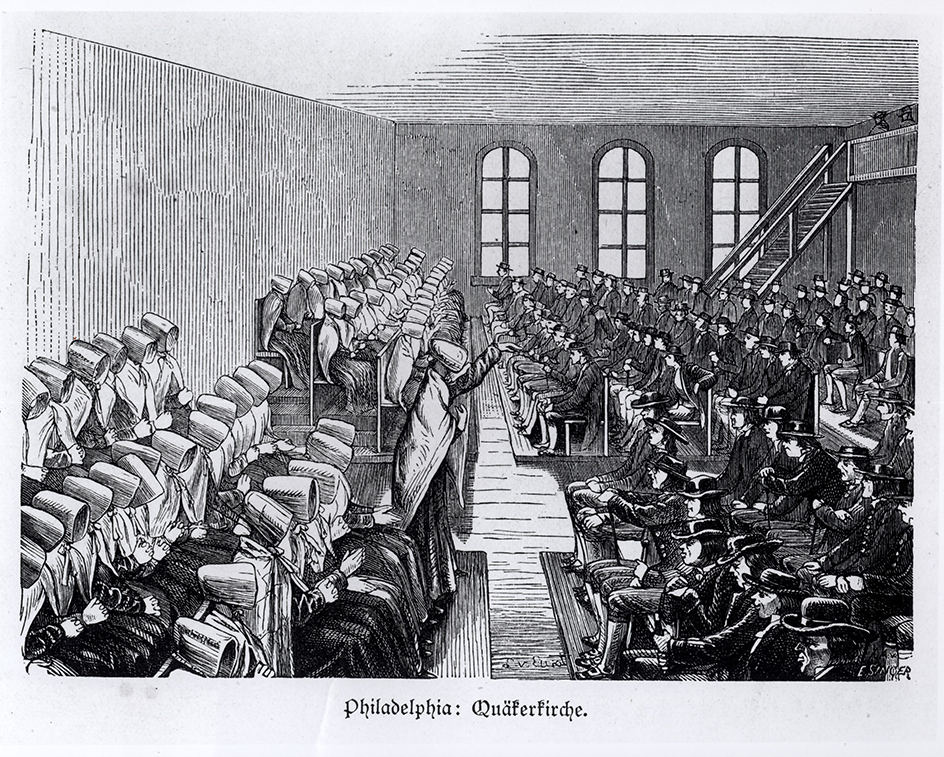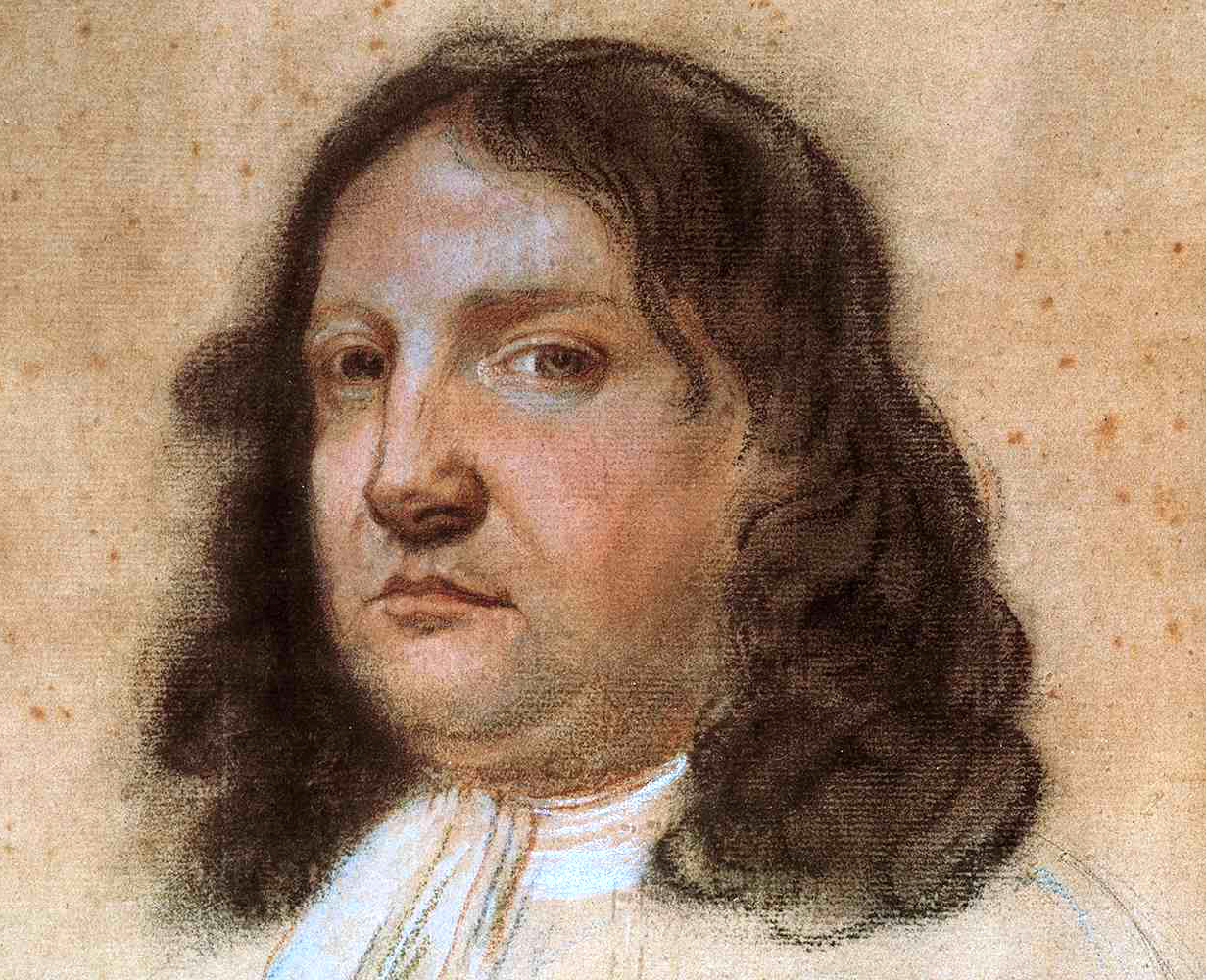Quakers is the popular name for members of the Religious Society of Friends. Quakerism developed in England in the 1600’s. Today, a majority of its followers live in Kenya. England, Bolivia, and the United States also have large Quaker populations. Smaller Quaker groups exist in most other parts of the world.
Quakers have been known throughout their history for their humanitarian activities, especially in antislavery movements. They reject war and stress peace education. They have been pioneers in supporting the ministry of women and in removing barriers to racial equality. They also have been among the leaders in prison reform and in the humane treatment of people with mental illness. Quakers have always been concerned with education, and the high quality of their many schools and colleges has been widely recognized.

History.
George Fox of England, a founder of Quakerism, began preaching in 1647. He attracted a variety of religious seekers. Fox believed that the Inner Light of Christ dwelt in the hearts of all people and that the inner experience of Christ resulted in outward actions that challenged religious and civic authorities. The Inner Light is the presence of God. The word Quaker was originally meant as an insult to Fox, who told an English judge to “tremble at the Word of the Lord.” The judge called Fox a “quaker.”
During the early decades of Quakerism, its followers frequently were imprisoned for long periods of time. The movement survived because of the organizational skills and creative compassion of the Englishwoman Margaret Fell. Fell maintained communication with desperate imprisoned Quakers. She offered pastoral care through her letters and dispensed practical aid for those in need. Pastoral care is the care of a minister.
In 1681, a Quaker, William Penn, received a charter from the king of England to establish the colony of Pennsylvania. Penn hoped to make the colony a haven for the continually persecuted English Quakers and other religious dissenters who wished to emigrate to the New World. Dissenters are people who disagree with established authorities. Penn gave the colony a constitution that was a model for safeguarding the religious liberties of its citizens. While the Quakers governed the colony from 1682 to 1756, Pennsylvania maintained no militia and only a modest police force. 
Worship.
Quakers practice a distinctive form of worship. They regard all life as sacramental and observe no special sacraments. They gather for periods of group silence, waiting attentively for God to exercise power upon their lives. They expect God to lay on them “the burden of the world’s suffering,” and they accept the responsibility to respond. Anyone who feels he or she has been given a message during the silence can speak to the Meeting. Today, some Quakers include periods of programmed worship, such as scripture reading, hymns, and sermons, in their gatherings.
Business.
Quaker business is conducted at monthly, quarterly, and yearly meetings guided by a clerk. The clerk introduces a particular concern and listens to attendees’ views and suggestions. Then the clerk presents for group consideration a minute that combines the attendees’ comments and seeks to address the concern. No votes are taken, but the process continues until even opposing minorities are satisfied that their views have been heard and considered.
The loose organizational structure of the Religious Society of Friends has always given a great deal of liberty to its regional Yearly Meetings. The Friends World Committee for Consultation, based in London, is a communications center for many of the world’s Quakers.
